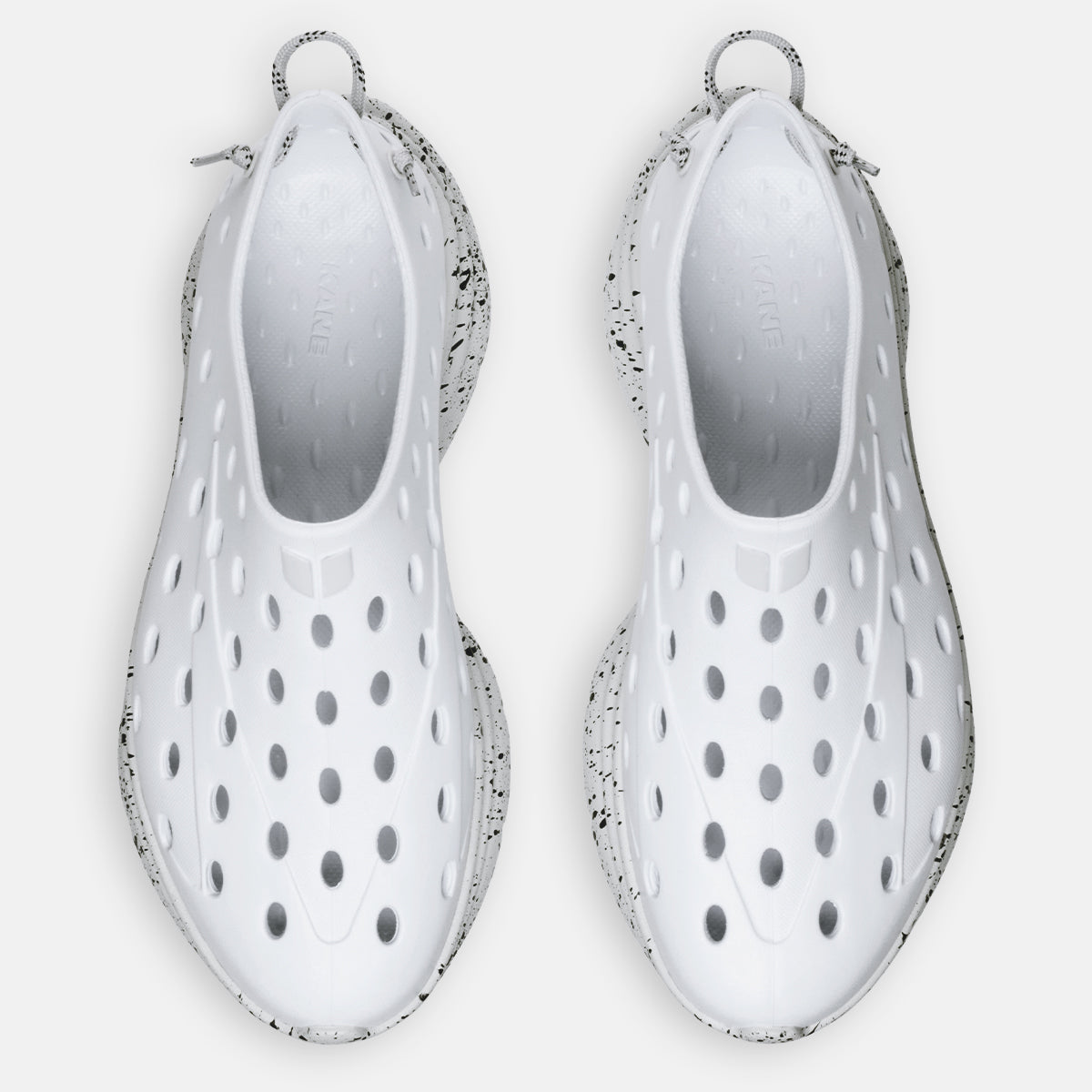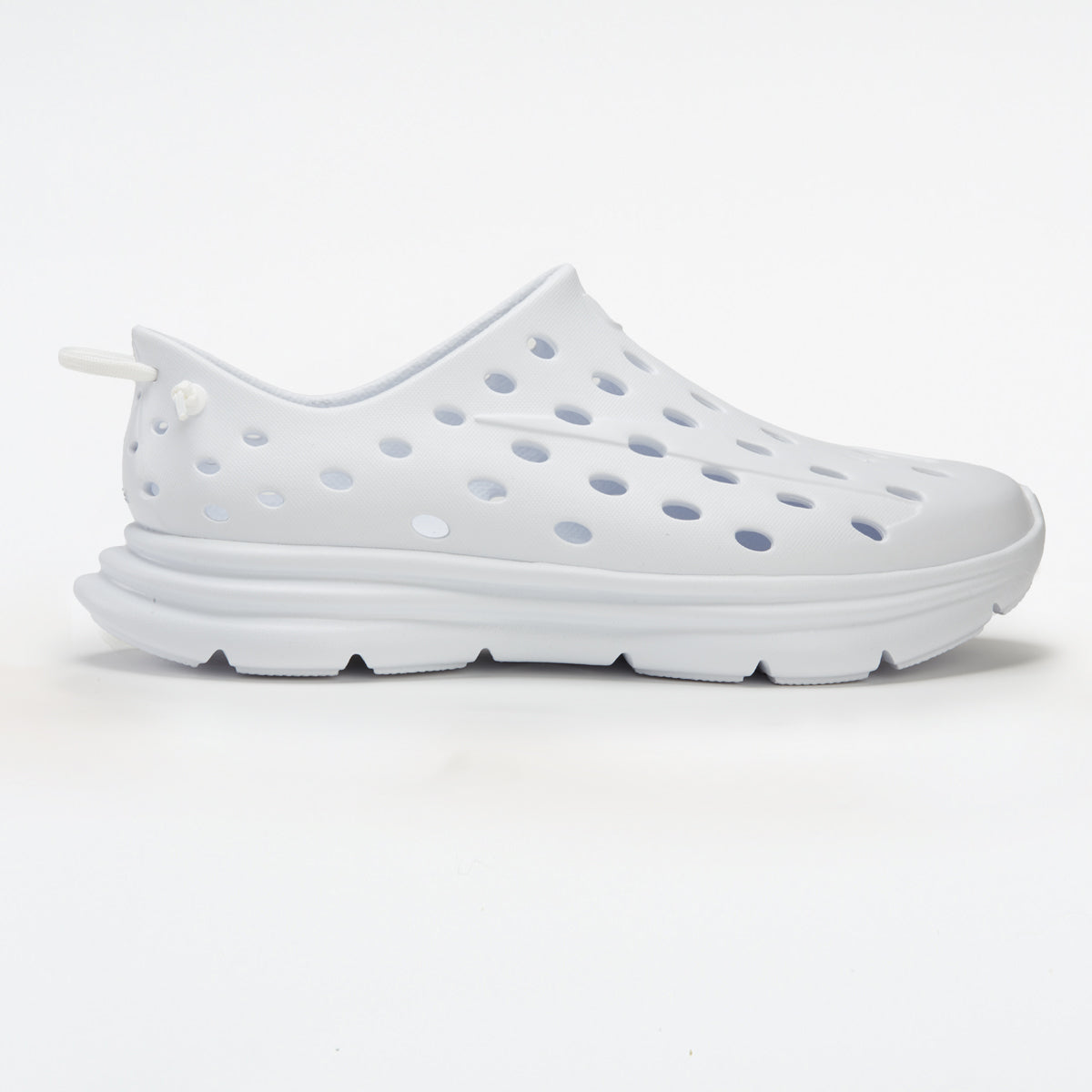Working a 12-hour work shift can feel like a marathon, requiring physical endurance and strategic planning to ensure you strike a balance between productivity and well-being.
Whether you work in healthcare, emergency services, or industries with extended hours, mastering the art of not just surviving but thriving during these prolonged workdays is a skill worth honing.
From optimizing sleep patterns to maintaining energy levels and finding moments of respite, follow these practical tips, mental strategies, and self-care practices to endure and excel during 12-hour shifts.
8 tips for staying alert during long shifts
Staying awake and alert during a 12-hour shift can sometimes be challenging. If you find yourself losing steam, try implementing the following eight tips.
1. Get proper sleep
Ensure you get between seven and nine hours before your 12-hour shift to maintain mental alertness and focus throughout the day (or night).
2. Stay organized
Being organized can help reduce stress and keep you focused during the shift. Prioritize tasks, create to-do lists, and maintain a structured approach to your work.
3. Keep busy
Engage in tasks that keep you mentally stimulated and active to prevent boredom and maintain productivity. Avoid monotony by varying your tasks throughout the shift.
4. Take scheduled breaks
Take full advantage of every break to recharge and refocus. Use this time to relax, eat nutritious food, and rejuvenate your mind for the remainder of the shift.
5. Consume caffeine wisely
Moderate caffeine intake can help boost alertness. Consider having a cup of coffee or tea at strategic times during your shift to enhance focus and energy levels. Avoid excessive consumption that may disrupt your night's rest later on.
6. Practice mindfulness
Incorporate brief mindful moments or breathwork exercises during your shift to reset your brain and maintain mental clarity. Simple techniques like deep breathing or body scans (systematically focusing your attention on different parts of your body, from head to toe) can help you stay grounded and focused.
7. Stay active
Keep moving during downtime by walking around, stretching, or doing light exercises. Physical activity can help keep blood flowing, prevent lethargy, and help you stay alert.
8. Engage in conversation
Talking with coworkers can help keep your mind active and prevent drowsiness — not to mention making the shift more enjoyable and providing an opportunity to share coping strategies and support.
Surviving the night shift
Surviving a 12-hour night shift poses its own set of challenges, but with strategic planning and self-care, you can navigate it successfully. Here are some tips for making the most of overnight work.
The importance of sleep in overnight shifts
The importance of shut-eye cannot be underestimated when it comes to surviving a 12-hour shift — and this is even more true when it comes to overnights. Nurses working in hospitals are well-acquainted with the demands of working the night shift, but this advice applies no matter where you work.
Begin by prioritizing your sleeping — create a restful environment before your shift begins (with blackout blinds or curtains, earplugs, a comfortable bed, and anything else you need to put you at ease), aiming for between seven and nine hours of quality shut-eye.
Sleeping well is critical, and here are some other tips for peak performance during overnight work:
- Use natural light: Expose yourself to natural light during waking hours. Spend time outdoors in the morning before your night shift to help regulate your circadian rhythm (and get some vitamin D).
- Prioritize hydration: Drink plenty of water throughout your shift. Dehydration can contribute to tiredness, so keep a water bottle handy.
- Healthy snacks: Eat nutritious snacks and meals during your shift. Opt for protein-rich foods and avoid heavy or sugary foods that may lead to energy crashes.
- Caffeine, in moderation: Drink coffee or tea strategically to boost alertness. Consume moderate amounts early on, but be cautious in the later hours to avoid disrupting your sleep during the day.
- Maintain a comfortable workspace: Organize your workspace to enhance comfort and productivity. A well-arranged and familiar environment can help reduce stress during the night.
- Regular breaks: Schedule time to stretch, move, and refresh your mind. Short breaks can combat mental fatigue and improve overall well-being.
- Stay active: Incorporate light activity to stimulate blood flow and maintain your energy level. Consider stretching exercises or a short walk.
- Power naps: If permitted, consider short power naps. A brief nap can provide a quick energy boost without causing grogginess.
- Engage in stimulating tasks: Engage in tasks that require focus and mental stimulation. Working your brain can help combat feelings of lethargy during the night.
- Limit exposure to artificial light: Minimize exposure to bright artificial light during the latter part of your work period and on the way home.
- Create a wind-down routine: Establish a wind-down routine after work to signal to your body that it's time to sleep. Dim the lights, avoid stimulating activities, and practice relaxation techniques.
- Communicate with your household: If you share your living space with others, communicate your schedule and sleep needs to minimize disruptions during your rest hours.
-
Plan rest days:
Consider scheduling off days between shifts for adequate recovery. - Prioritize mental health: Be mindful of your mental health. Night shifts can be challenging, so prioritize self-care, seek support when needed, and consult a healthcare professional if you experience difficulties.
Remember that finding the right routine may take some experimentation. Listen to your body and make the necessary adjustments to make working long shifts as sustainable as possible.
The right footwear
If you're spending a lot of time on your feet, footwear is crucial in making it through a lengthy workday.
Opt for styles with cushioning and arch support to alleviate the strain on your feet and lower back. Enough toe room is also essential, especially if your job involves extended periods of standing or walking.
Slip-resistant soles are a safe choice, particularly in workplaces where floors may be slippery, and breathable materials keep your feet cool.
Styles with adjustable closures, like laces or straps, allow for a customized fit — especially important if you experience swelling during prolonged periods on your feet.
Discover Kane Recovery Shoes!
Kane’s recovery shoes provide excellent support, comfort, and durability for those in need of top-notch recuperative footwear. Featuring an adjustable hook-and-loop single strap synthetic upper, plush TPR footbed, as well as a durable injected EVA outsole, these kicks come with all the right features to assist you during your rehabilitation journey.
Aside from providing quality products, they are also committed to sustainability, having made plans to become a B Corp while dedicating 1% of their overall profits towards environmental charities.
When and how to wear Kane Revive
The best moment to wear most recovery shoes is directly after a strenuous activity such as running or exercising. This helps minimize inflammation and launch the healing process. To guarantee maximum comfort and effective recuperation, make sure that you are wearing your recovery footwear correctly by tying up laces securely for a snug fit around your feet.
Frequently asked questions
Is it healthy to work 12-hour shifts?
Working 12-hour shifts has plusses and minuses. On the one hand, it can offer benefits like extended time off and increased productivity. On the other, it can increase the risk of burnout.
If you're required to work 12-hour shifts as part of your job, managing factors like fatigue and physical strain is essential. By preparing adequately, making wise use of off-time, and prioritizing recovery, you can navigate 12-hour shifts successfully.
Why are 12-hour shifts so hard?
There's no doubt that working 12-hour shifts can be challenging. Whether you work in nursing at a hospital or on the night shift in emergency services, lengthy shifts can lead to exhaustion, affecting concentration, decision-making, and overall performance.
Spending all that time on your feet can put a strain on your body, leading to discomfort and potential health issues. Working a lengthy shift may disrupt sleeping patterns and leave less spare time for seeing friends, spending time with family, and personal pursuits, making it hard to maintain work-life balance.
All this can lead to burnout, stress, and decreased job satisfaction if you don't prioritize your well-being. Taking steps when you're not working can help. Eating nutritious meals, drinking enough water, exercising, and getting in that shut-eye (good sleep hygiene is key) will keep you performing at your best.
What are the potential health risks of working 12-hour shifts?
Working lengthy shifts can pose various health risks and challenges. One of the main concerns is fatigue, which can impact job performance and safety. Long work days have also been linked to obesity due to irregular sleeping patterns and disruptions in appetite hormones that can result in metabolic imbalances.
Workers commonly report gastrointestinal symptoms like abdominal pain, gas, and diarrhea and psychological complaints such as bad mood, depression, anxiety, and difficulty with personal relationships. Shift workers are at a higher risk for cardiovascular disorders like myocardial infarction, chest pain, high blood pressure, and metabolic disturbances due to stress and changes in lifestyle habits.
Nurses working lengthy shifts may experience burnout, tiredness, sleep deprivation, and an increased risk of injury due to the physically and emotionally demanding nature of bedside nursing. Working long shifts can result in higher BMI, obesity, poor diet, less exercise, circadian rhythm disruption, cardiovascular disease, Type 2 diabetes, as well as back, knee, and shoulder pain.
While there are benefits to long shifts, such as having more consecutive days off, fewer time constraints, and more flexibility in scheduling activities, employees need to be aware of the potential health risks associated with extended periods of work.
How do you mentally get through a 12-hour shift?
To mentally get through a 12-hour shift, try the following strategies:
-
Sleep matters:
Get proper sleep before your workday to stay alert and sharp. - Eat well: Fuel yourself with a healthy meal and snacks to sustain your energy level and stay focused during the long shift.
- Prepare yourself mentally: Set positive intentions, visualize a successful day, and maintain a positive mindset.
- Stay organized: Work systematically to reduce stress and maintain efficiency in completing tasks. Set reminders, limit non-work-related screen time, and look for ways to save time on more basic jobs so you have more bandwidth for crucial ones.
- Keep busy: Engage in tasks that keep you mentally stimulated and focused to prevent boredom and maintain productivity.
- Take breaks: Use your scheduled breaks wisely to recharge and refocus. Exercise, take a short walk, or use relaxation techniques to refresh your mind.
- Watch your water intake: Drink plenty of water to maintain cognitive function and keep you feeling energized.
- Plan time for recovery: Schedule time for relaxation outside of work hours to give yourself enough time to recover and prevent burnout after a long day.
Everyone's preferences and needs differ, so experiment with these tips to find what works best.
How much sleep do you need for a 12-hour shift?
Sleeping well is essential to making it through lengthy work days. While individual needs vary, aim to get between seven and nine hours of shut-eye before you go to work to ensure you are adequately rested and alert.
Maintaining a consistent schedule throughout the week, focusing on quality, taking opportunities to nap, and practicing healthy habits (like trying not to use your phone in bed) can help you thrive during a demanding 12-hour day at work.
What are some ways to stay hydrated during a 12-hour shift?
Start your day hydrated by drinking at least 16 to 24 ounces of water as soon as you wake up. Continue hydrating throughout the day by carrying a reusable water bottle to work.
Monitor your intake by using your water bottle as a gauge and setting goals for refills throughout your workday. (If you find this challenging, consider mobile apps or fitness trackers to track your water intake and remind you to drink water.)
Enjoy hydrating fruits and vegetables like cucumber, lettuce, oranges, and watermelon, and avoid salty foods that contribute to dehydration. Add flavour to your water by infusing it with fruits, vegetables, or herbs (like cucumber, lemon slices, or fresh mint sprigs).





















































